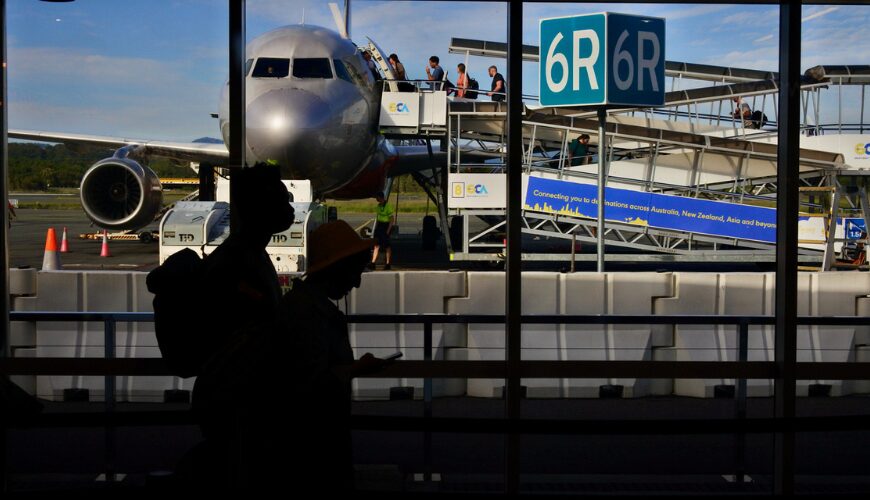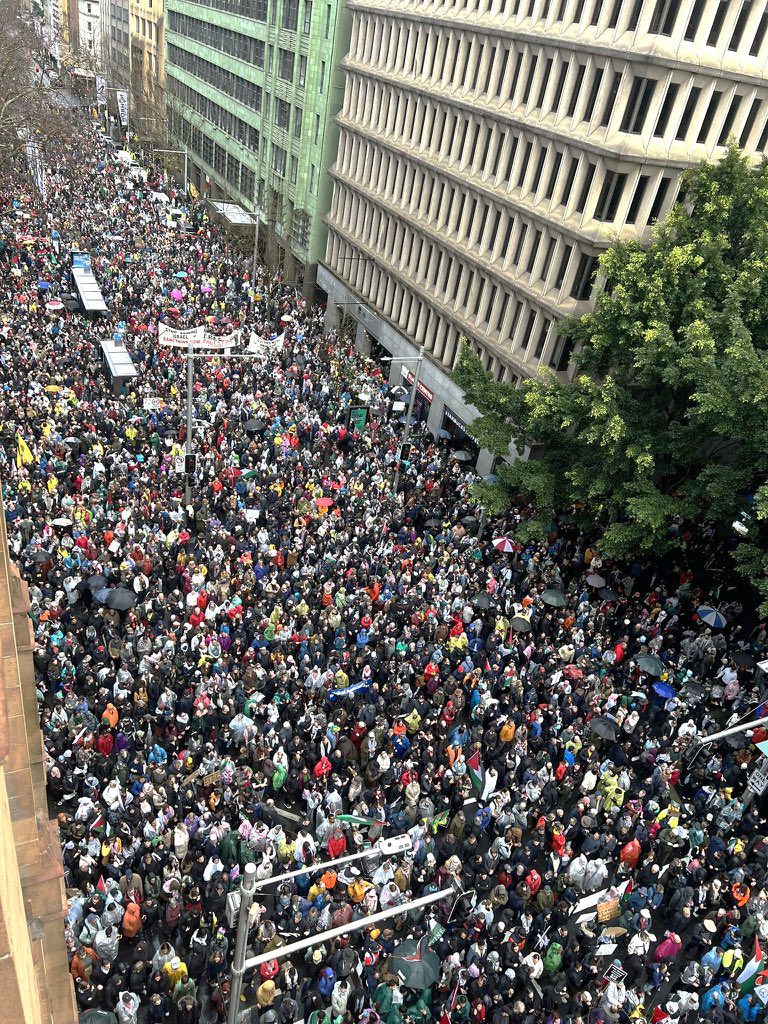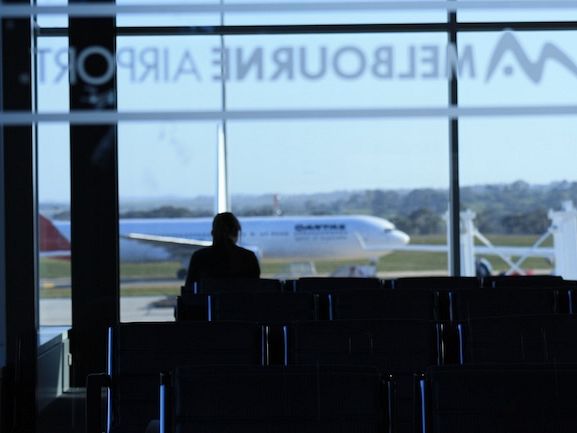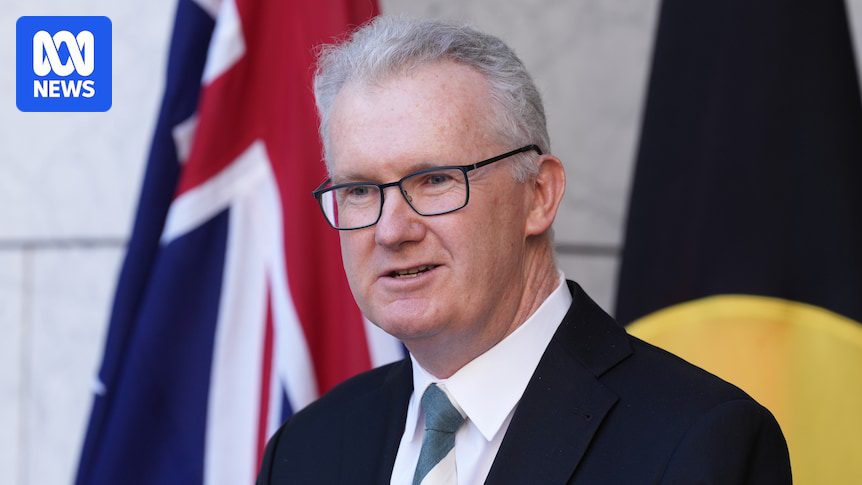Australia Needs to Champion Fairness for Everyone

Understanding Australia’s Migration Responsibilities
Australia has a crucial role in managing its borders and deciding who can stay in the country. This responsibility includes ensuring that non-citizens who no longer have the right to remain are removed, but the process matters greatly.
Every individual deserves to be treated with respect and fairness, even when legal avenues have been exhausted.
A New Agreement with Nauru
Recently, the Australian Government announced a $400 million agreement with Nauru, which may lead to the deportation of many individuals from the NZYQ cohort.
While the Government assures that this deal includes provisions for fair treatment, specific details remain unclear, raising concerns about transparency. Amendments to the Migration Act, introduced in Parliament, aim to strip away existing safeguards that ensure fair processes.
The Importance of Procedural Fairness
The Home Affairs Legislation Amendment (2025 Measures No. 1) Bill proposes that procedural fairness—meaning the right of an individual to respond to decisions affecting their status—would not apply when the Government seeks to remove non-citizens to a third country. Some argue that these individuals have had their chances in court; however, procedural fairness encompasses more than just completing legal steps. It ensures that decisions are made thoughtfully, transparently, and respectfully.
Without these safeguards, the chance for error increases. In deportation cases, a mistake can have severe ramifications for those involved. The principle of fairness should guide every decision, especially when it concerns someone’s safety and future.
Concerns About Chain Refoulement
A significant worry is the risk of “chain refoulement.” This occurs when a person is sent to another country that then forwards them to a location where they might face serious harm. Australia has international obligations to prevent such outcomes, and the proposed amendments could hinder the ability to meet those responsibilities.
The Right to be Heard
While it is acknowledged that the Government must have the power to remove non-citizens following proper legal processes, the amendments risk eliminating a basic right: the right to be heard. Under this proposal, someone could be deported without being afforded a meaningful chance to respond or correct any errors that might affect their case.
Retrospective Measures and Rule of Law Concerns
These amendments also seek to retrospectively validate earlier visa decisions, potentially leading to retrospective criminal liability. This raises important questions about the rule of law, which deserves thorough scrutiny. While the Government claims that these measures primarily target individuals who have exhausted legitimate avenues to remain, there’s evidence that this isn’t always the case. For instance, some individuals flagged for deportation had not yet completed their appeal options.
Quick Fixes vs. Thoughtful Solutions
The recent trend of implementing swift legal changes in response to court decisions—such as the High Court’s ruling on indefinite detention—highlights the need for a more measured approach. Instead of using these moments as opportunities to rethink the migration system, the focus has been on quick fixes, like introducing ankle bracelets and curfews. This reactive strategy does not create a robust migration framework.
Successful immigration and asylum policies require careful consideration of multiple factors: protecting Australia’s migration integrity, the need to assist individuals fleeing peril, and upholding human rights for all communities. These complex issues necessitate thoughtful solutions, not rushed decisions.
Moving Forward Together
Australia is capable of managing migration responsibly. We have the tools required to make fair choices without compromising our values. By prioritising fairness and dignity, we can design a system that respects human rights even in challenging scenarios. Ensuring that fairness is a cornerstone of every decision will ultimately lead to a more just society.
What do you think?
Have a question about this topic or your own plans to move to Australia or New Zealand? Scroll down and leave a comment. We’d love to hear from you.
Thinking about moving to Australia?
Join our free and supportive community at Oz Visa Forum.
Post in our forums to get advice and support from people who’ve already made the move.
Not sure where to start? Click here to get started







Responses